CHER is growing! A stronger team for a healthier tomorrow
The Center for Health Equity Research (CHER) welcomed new staff and faculty for the 2025 academic year. CHER aims to recruit exceptional professionals who are eager to be included in advancing health equity.
Learn more about how their backgrounds, interests, and goals come together to strengthen CHER’s ability to conduct and promote health equity research.
CHER professor of psychological sciences: Jeff Stone

Jeff Stone is brand new to Northern Arizona University (NAU) and has joined CHER faculty as a professor of psychological sciences. While Stone is originally from northern California, he is no stranger to Arizona, having spent the last 27 years researching and teaching social psychology at the University of Arizona (UofA) in Tucson, AZ. After nearly three decades, he’s traded in saguaros for ponderosa pines.
Stone’s career has focused on addressing inequities and injustices through social psychology, with emphasis on implicit bias in healthcare providers with the goal of improving patient outcomes.
Implicit bias, often referred to as implicit prejudice or implicit attitude, is a negative attitude, about which we are not consciously aware. Stone likes to refer to it as “automatic” bias, as it can happen so instantaneously, someone may not realize it’s even happening.
Stone spent much of his research career at UofA studying implicit bias in healthcare providers, including those in cancer care. Tucson’s proximity to Mexico results in larger concentrations of Hispanic patients than in other areas of the country, presenting a unique opportunity for Stone’s research to dive into possible ethnic bias from healthcare providers.
Now that Stone is based in northern Arizona, he is hoping to expand his research in Tribal communities addressing psychological disparities stemming from social determinants of health, which include the environments where people are born, live, learn, work, play, worship, and age that affect a wide range of health, functioning, and quality-of-life outcomes and risks. He is excited to join CHER researchers in translating their work for community impact.
“There is nothing like CHER anywhere else in the state. To be able to join a group that has such a deep commitment to addressing and understanding health inequities from so many angles is exciting,” said Stone.
“And not only is there such great science going on, but there’s great translation for the community.”
Senior Biostatistician: Zahra Mojtahedi
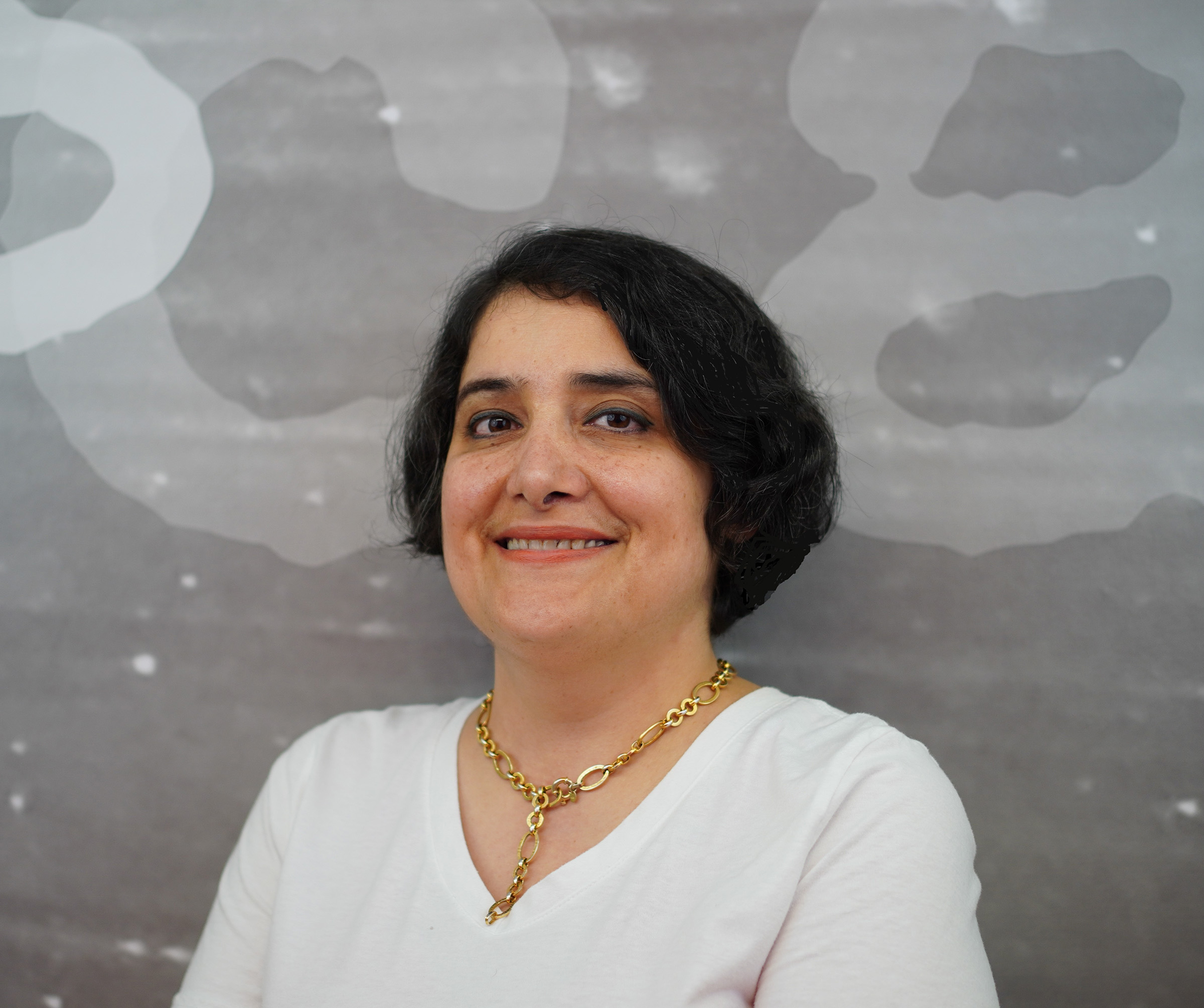
Zahra Mojtahedi began her role with CHER as senior biostatistician in May of 2024, bringing with her a wealth of experience in public health research and a deep commitment to advancing health equity.
Before joining CHER, Zahra contributed to several public health projects that focused on health disparities, substance use, and mental health. Her decision to pursue biostatistics emerged during her graduate studies when she recognized how systemic health inequities disproportionately affect underrepresented communities.
Zahra’s journey is shaped by her work in various regions, giving her a nuanced understanding of the health disparities that different communities face. Her background has made her particularly sensitive to the unique challenges experienced by marginalized groups, which she addresses through the careful application of biostatistics in health equity research.
“One of the biggest challenges is ensuring that data collection and analysis reflect the diversity of populations and their unique health challenges,” answered Mojtahedi when asked about barriers she faces in her work.
“My research focuses on designing studies and interpreting results with an equity lens, ensuring that health interventions are inclusive and effective.”
During the summer, Mojtahedi began working with CHER’s Technical Assistance Group – Service Center (TAG-SC) as a TAG specialist and works with investigators, from both NAU and the community, by providing support with biostatistical analysis. The TAG-SC provides technical support in non-numeric data, survey development, statistical analysis, and software utilization, with opportunities for free help on projects relating to health equity.
This summer, Mojtahedi completed her doctoral studies at the University of Nevada – Las Vegas. Outside of work and education, she enjoys hiking, practicing yoga, and spending time with family and friends.
Postdoctoral Scholar: Melinda Smith
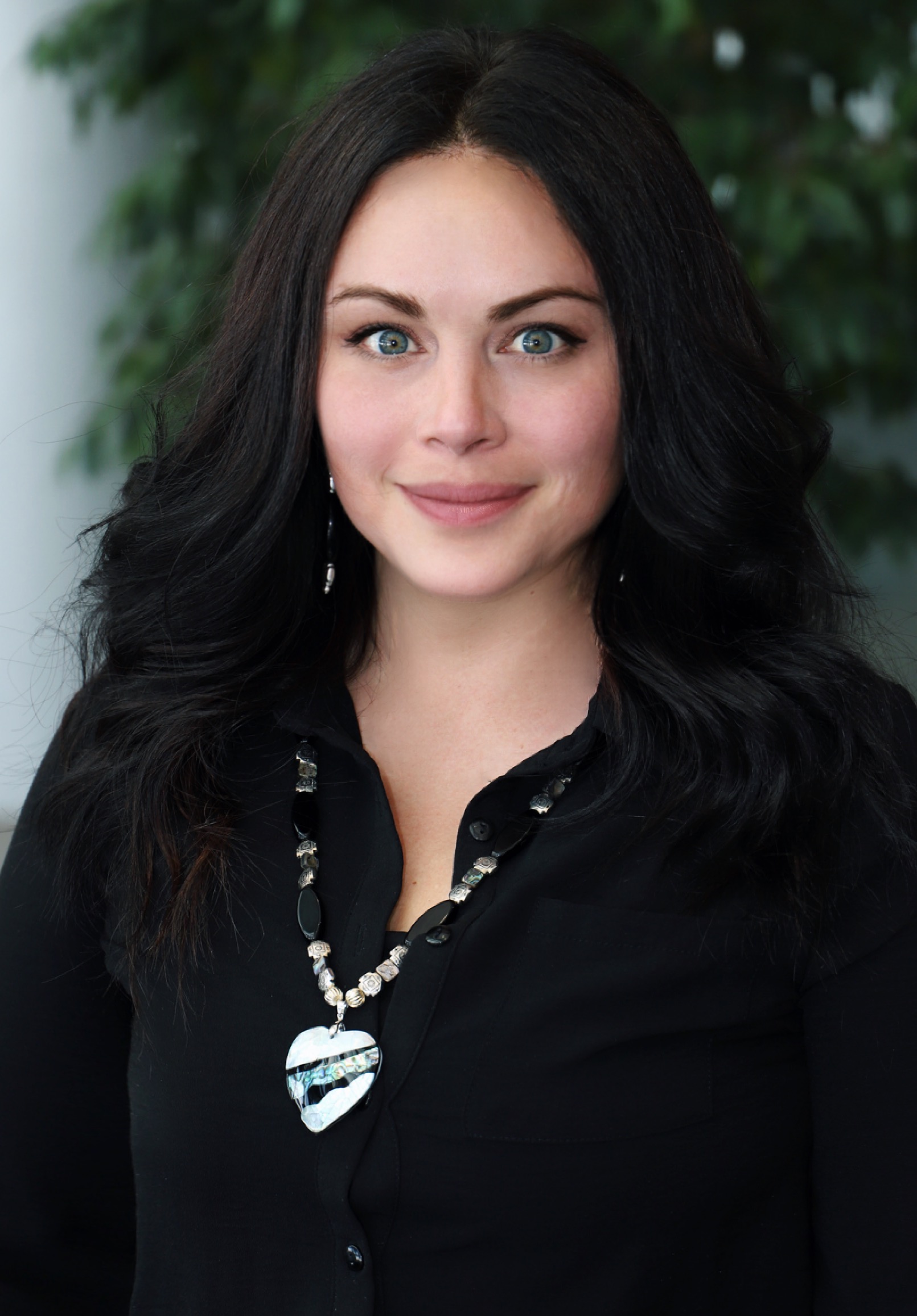
Melinda Smith is a member of the Confederated Salish and Kootenai Tribes and recent graduate of the Interdisciplinary Health Doctorate program at NAU. She is from a small town with fewer than 1,000 people located on the south end of the Flathead Reservation in northwest Montana.
Before joining CHER at NAU, she earned her Bachelor of Science in Exercise Science from the University of Montana, followed by her Master of Science in Exercise Nutrition Sciences from Montana State University (MSU). Toward the end of her Master of Science program, she connected with Nicolette Teufel-Shone.
Teufel-Shone, NAU professor and CHER Associate Director, informed Smith about a wonderful opportunity to further her studies with Indigenous populations in the southwest. Soon after, she was accepted into NAU’s Interdisciplinary Health Doctoral Program and would begin her work in health equity, alongside Teufel-Shone and other impactful researchers.
As Smith began her doctorate program at NAU, she took on the role of Graduate Research Assistant for the Southwest Health Equity Research Collaborative (SHERC), which is a large initiative within CHER that works with Indigenous populations in the southwestern US.
CHER is thrilled that Smith has accepted the role as a Postdoctoral Scholar after successfully defending her dissertation project in July 2024. Smith’s doctoral research examined comorbidity of cancer and type 2 diabetes, and collaboratively developed a health education program to reduce cancer risk among Hopi individuals living with diabetes. Through her work, she nurtured relationships with multiple health programs within the Hopi Department of Health and Human Services to ensure her work was community-informed and sustainable.
“I was very honored to have been welcomed to work with the individuals from the Hopi Department of Health and Human Services. I think we were successful in creating a much-needed health education resource that enhanced local efforts to control and prevent diabetes and cancer.”
Smith has been recognized for her dedication to health equity research numerous times during her studies at NAU. She was named the Louis and Betty Quayle Scholarship Recipient, and Tribal Research Cancer Control Fellow. Most recently, she received the Most Promising Graduate Student Research Scholar Award and won first place for her research presentation at the Southwest Transformative Educational Advancement Mentoring Annual Summit, demonstrating her exceptional work in health equity research.
Academic Program Coordinator: Shannon Thiel
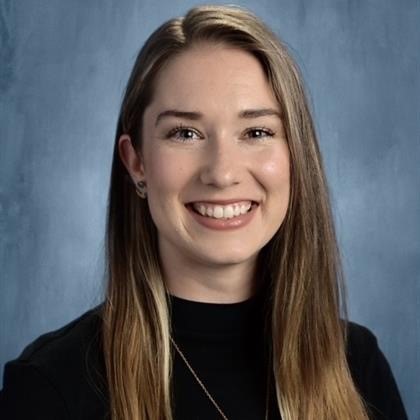
Shannon Thiel is the academic program coordinator for CHER’s Culturally Centered Addictions Research Training (C-CART) graduate certificate program focusing on substance use disorders in underserved American Indian, Hispanic, and rural communities.
“I provide guidance, resources, and logistical assistance to the scholars as they develop culturally centered research proposals with community partners,” explained Thiel.
In learning about Thiel’s background, she talked about the impact that the COVID-19 pandemic had on her interest in health equity.
“During COVID, many health disparities were brought to the surface, leading me to not only want to become more educated in health equity, but also provide support to those doing health equity research.”
Thiel gained her Bachelor of Science degree in nutrition from San Diego State University which has broadened her view of health to include social determinants of health.
She explains, “Factors like socioeconomic status, education, and access to resources significantly influence wellbeing,” which is a common finding in health equity research. This knowledge provided the backbone for Thiel’s interest in advancing health equity programs and initiatives in CHER.
Financial Oversight Analysts: Gerald Clark, Jorge Doniz, Ethan Driver
As CHER continues to grow and expand research capacity and impact in health equity, having a strong financial team is crucial. Financial oversight analysts (FOAs) play a key role in managing resources, ensuring projects are financially sustainable, and supporting the work of NAU organizations. For CHER, they also support improved health outcomes in underserved communities.
To prepare for a banner year of health equity research, CHER hired three new FOAs: Gerald Clark, Jorge Doniz, and Ethan Driver.
Senior FOA: Gerald Clark
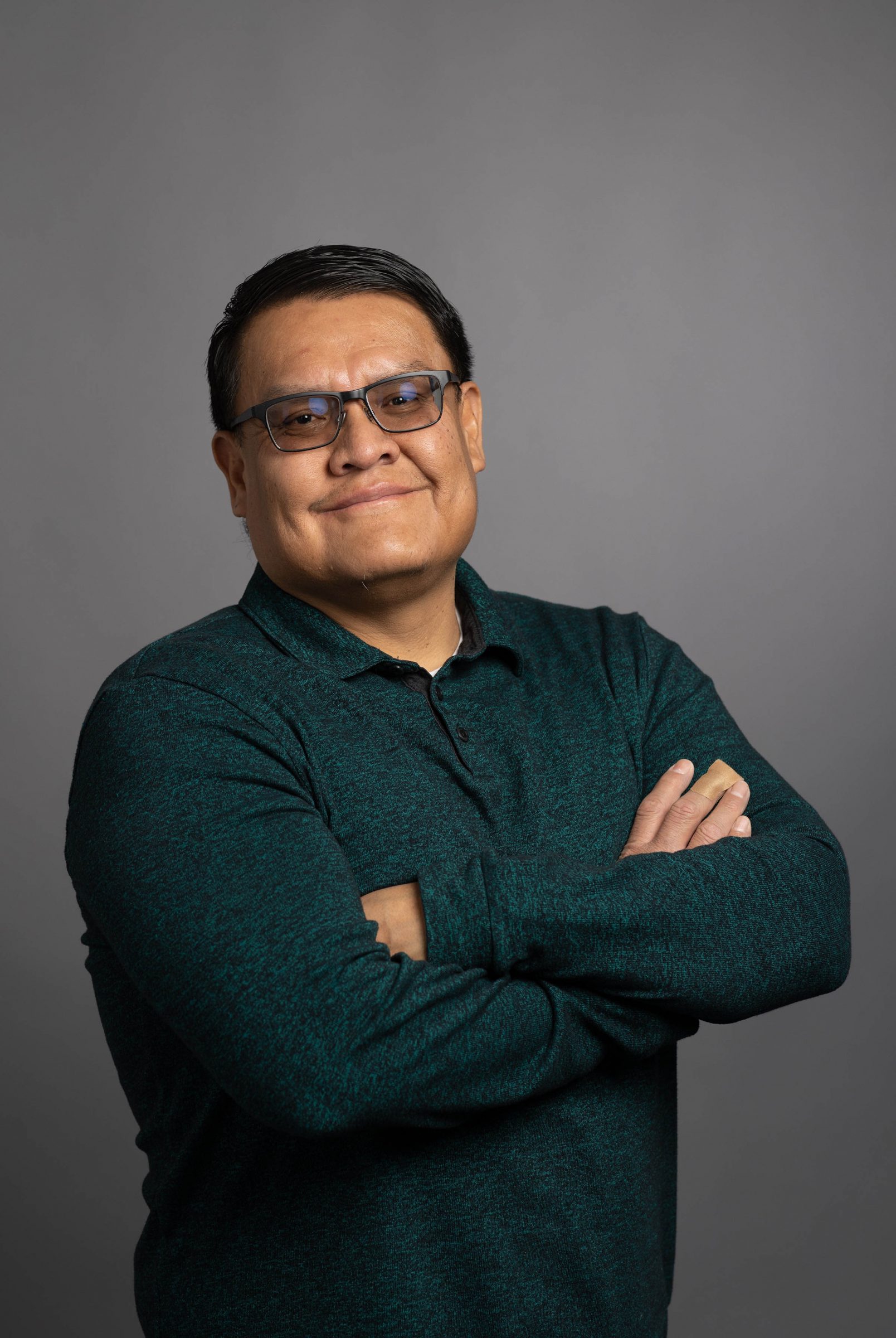
Gerald Clark, a native of Flagstaff with deep community ties, joined CHER as a senior FOA, bringing with him decades of experience in finance. Before his tenure at NAU, Clark spent over twenty years in finance and accounting in the non-profit sector. His initial role at the university was as a grants and projects support coordinator (GPSC) for the College of Health and Human Services, where he applied his previous experience while acquiring new skills in research administration, project coordination, and financial oversight.
“I’ve often relied on my past experiences to navigate various challenges in both my former and current roles,” Clark noted.
Clark aims to ease the administrative financial burdens faced by those working towards health equity. He believes that he and his fellow FOAs provide essential support through their work. “By ensuring that researchers have the most accurate and current financial information for decision-making and being available to answer their questions, we help ensure their projects are financially supported and sustainable.”
Clark was drawn to CHER because of positive interactions with staff and faculty and the favorable feedback he received about the center.
“In my previous role as GPSC, I had many positive experiences with CHER’s administrative staff, which made me eager to join the team if the opportunity arose. Glad I made the move!” he explained.
Intermediate FOA: Jorge Doniz
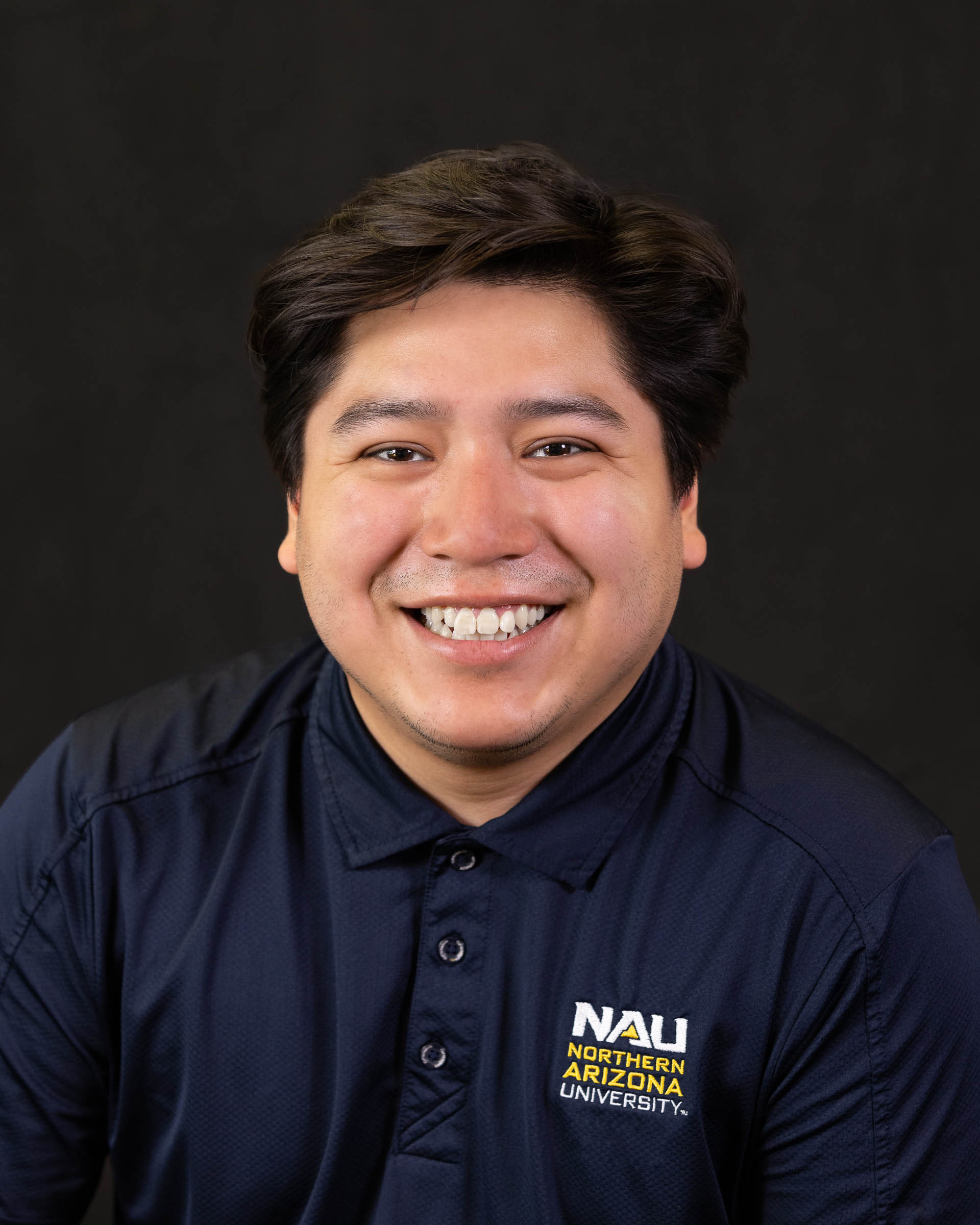
Jorge Doniz’s path to becoming financial oversight analyst, intermediate, for CHER was shaped by his experiences volunteering during the COVID-19 pandemic where he learned about disparities across different communities throughout Arizona. He believes that many of the disparities seen in underserved communities during the pandemic could have been related to financial issues, which shaped his thinking in his career search.
His role in CHER makes sure that resources are being used effectively to support research that improves health outcomes.
“I wanted to feel more involved with and proud of the work I’m involved in,” said Doniz. “I support the goals of both CHER and SHERC of pursuing the betterment of healthcare to build foundations and environments that support health and wellbeing.”
He expressed that CHER’s behavioral health research initiatives interest him, and he hopes to support more research surrounding mental health and support systems. He realizes that while he may not be directly executing the research work, he can help through careful financial analysis.
Intermediate FOA: Ethan Driver

Ethan Driver grew up in St. Louis, Missouri, with his father who attended medical school. He attributes his desire to work in health research to his father showing him how rewarding it is to help people in need.
“Fresh out of college, I started working for the Flagstaff Medical Center during the COVID-19 pandemic,” explained Driver. “I witnessed the healthcare industry struggle to handle [it],” which led him to explore other opportunities.
His experience in a hospital setting gave him a firsthand view of the systemic challenges that many communities face when it comes to healthcare access and quality. Now, in his role as FOA, intermediate, he is focused on ensuring that CHER’s research is used strategically to benefit communities most in need.
Before coming to CHER, Driver worked with NAU Purchasing but felt drawn to a health-related position.
“I am fortunate and feel incredibly lucky to be given the opportunity to work with such dedicated people,” said Driver. “It’s not difficult for me to think I ended up right where I need to be!”
Building momentum in health equity
As CHER continues to grow, the addition of these talented individuals strengthens CHER’s ability to advance health equity through innovative research and community partnerships. With their unique backgrounds and shared dedication to addressing health disparities, our new team members are positioned to make a lasting impact on the communities we serve. Welcome to the team!